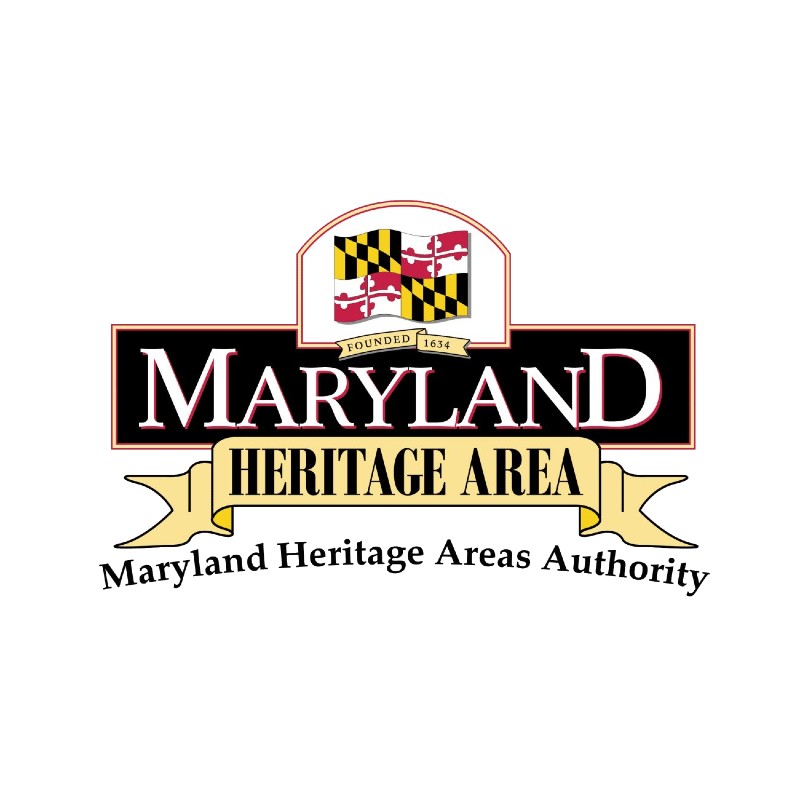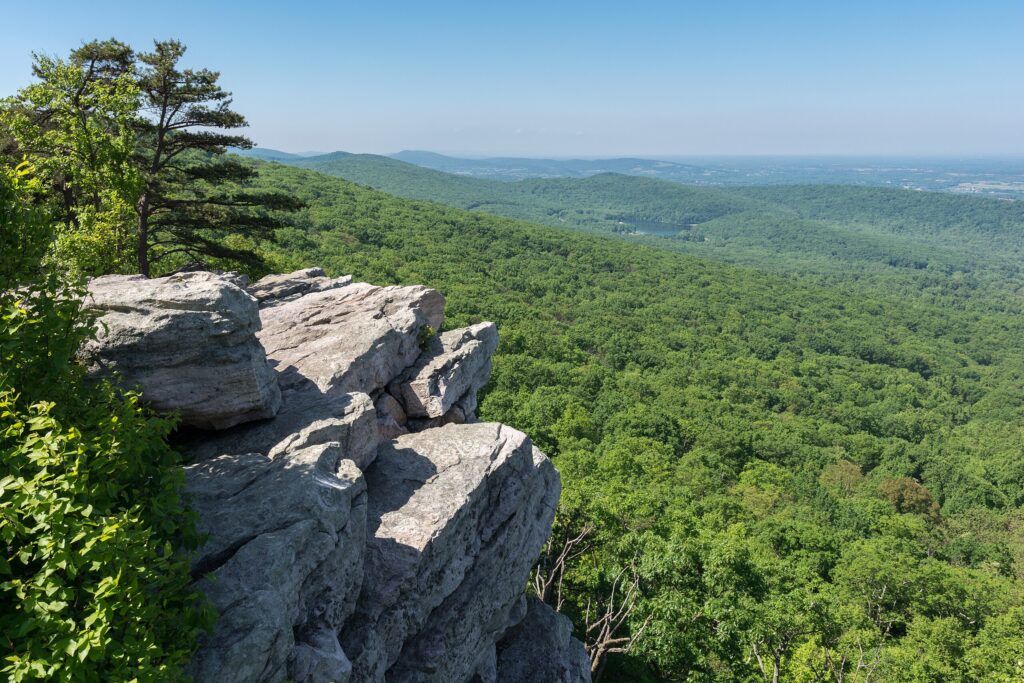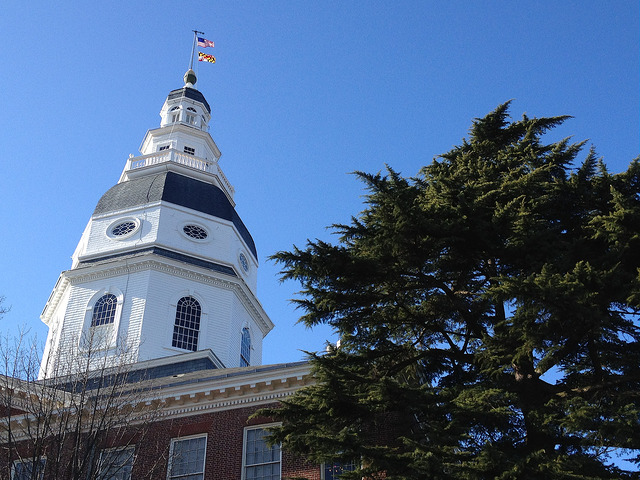The 2025 Maryland legislative session is now well underway and Preservation Maryland’s advocacy team continues to review and provide detailed testimony on dozens of pieces of legislation.
In addition to those bills listed in our first update, we’ve determined that the following bills would have a positive impact on historic preservation and smart growth efforts in Maryland:
SB980 Maryland Heritage Areas Authority – Funding and Grants
This legislation would increase overall financial support for the Maryland Heritage Area Authority, increase the size of capital grants to $300k, and reduce the match required by applicants for projects. Given the growing need and increasing scope and scale of projects, this is important, timely, and must-pass legislation for the 2025 legislative session.

HB794 Maryland Commission on Indian Affairs – Indian Heritage and Culture Grant Program and Fund
This legislation would provide $500,000 annually to establish a new Indian Heritage and Culture Grant Fund that would provide grants to recognized tribes, nonprofits, and state agencies working with tribes, to support research and preservation of indigenous historic resources. From archaeology to historic structures, there are numerous sites and stories deserving of this support – which is not currently provided in Maryland and this fund would be a welcome addition to the history and culture funding matrix.

SB430/HB503 Regional Housing Infrastructure Gap (Housing for Jobs Act)
This legislation would establish a new, regional framework for aligning housing opportunities (and creation) with available jobs – and require that counties and municipal governments where there is a deficit of housing may only deny housing projects – whether infill or rehabilitation – using objective development standards. Historic preservation, which is an objective standard, would still apply – but this legislation could jumpstart housing projects and infill construction in legacy communities across the state. From the perspective of growing smarter, this legislation is a positive for the state’s communities working to address the housing crisis.
HB717 Public Lands – Acquisition, Staffing, Operations, and Funding
This legislation addresses the ongoing need to activate and care for our public lands by allowing stateside Program Open Space funding (exceeding $80M in any FY) to be deployed to support stewardship, maintenance, and operation of state lands and parks. The legislation will also increase private support by enabling the department to enter into agreements with foundations for the various public land units with a focus on increasing private philanthropic support. Just like the state, counties and municipalities need to make local parks accessible which this bill will support via flexibility with local park dollars. Once a county hits its land protection goals, this legislation allows for local side Program Open Space to be used on park improvements, care, and maintenance.
This bill also focuses on the plan for future workforce needs, instead of buying land and determining how to staff it later, this bill will require the department and DBM to identify necessary staffing levels at the outset – so Marylanders enjoy the benefit of a well-maintained and appropriately staffed park – from rangers to lifeguards. We support this legislation as we believe its passage would enhance the Department of Natural Resources’ efforts to maintain historic resources under the agency’s care and also address challenges the agency and its partners face in making public lands more accessible.

HB1228 Montgomery County Agricultural Reserve Study
This legislation requires the Maryland Department of Commerce to study the tourist and visitor economy of the Montgomery County Agricultural Reserve and report its findings to the members of the Montgomery County Delegation. It also requires the Department to make recommendations regarding policies and programs that can help promote and preserve the Montgomery County Agricultural Reserve and better support the small businesses, recreation sites, and historic sites that depend on the visitor and tourist economy. With a high concentration of historic properties, the reserve is a crown jewel for the state and more data on how to support its long-term sustainability is a positive next step.
What’s next?
Many of the bills included have not yet been heard during the committee review process – and many will be testified on by Preservation Maryland. If you, or your organization (yes, nonprofits can advocate and lobby!), would like to testify – follow the link for the legislation included to visit the MD General Assembly website.
On the general assembly website, you can create an account and learn how to submit written testimony or provide verbal testimony either in-person, or virtually. A simple explanation of how testimony works can be found for here for the Senateand here for the House.
Can’t Testify? Support our Work Instead!
If testifying is not something you’re interested in or if you do not have the time, please consider making a gift of support to Preservation Maryland!
Support our work and keep us on the ground in Annapolis speaking out on behalf of the policies that make preservation possible in Maryland.
Sign up for updates
Get the latest updates and news from Annapolis by signing up for our e-newsletter here.

